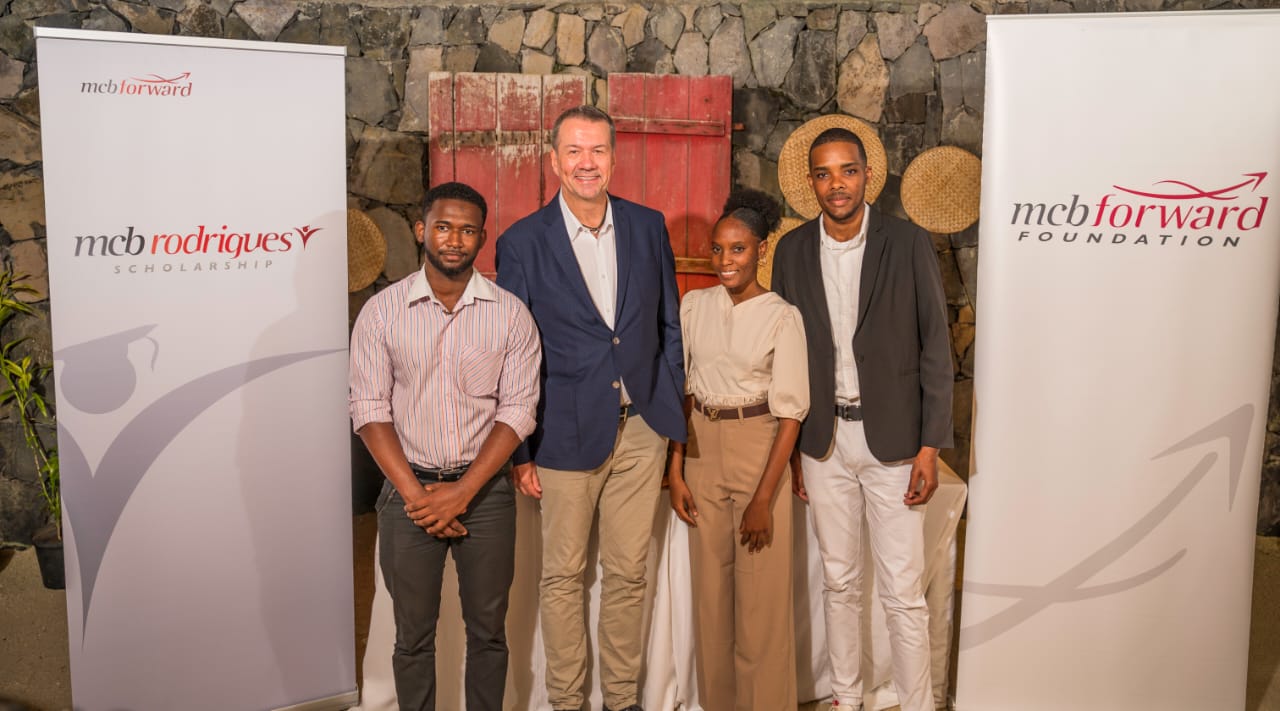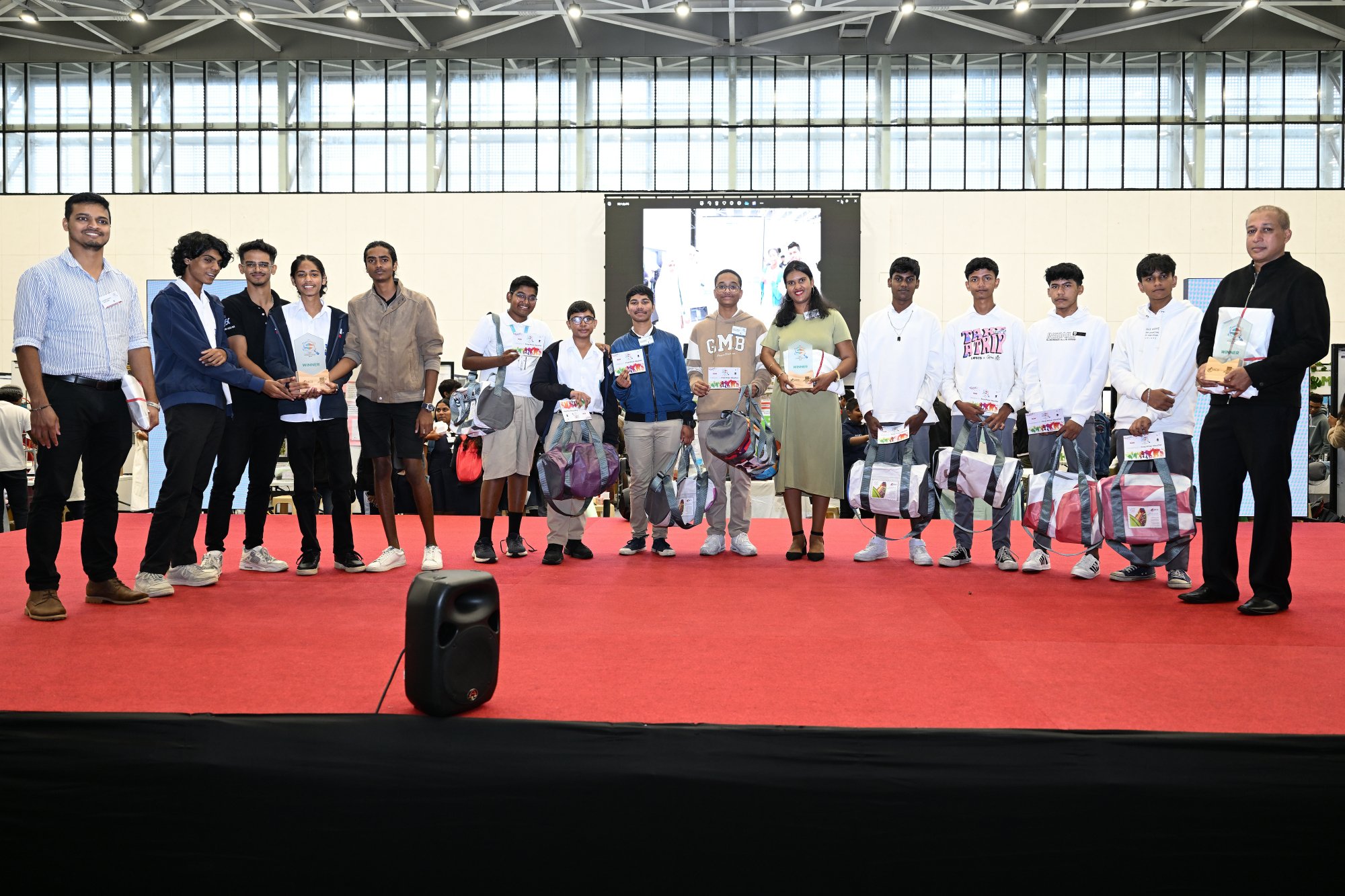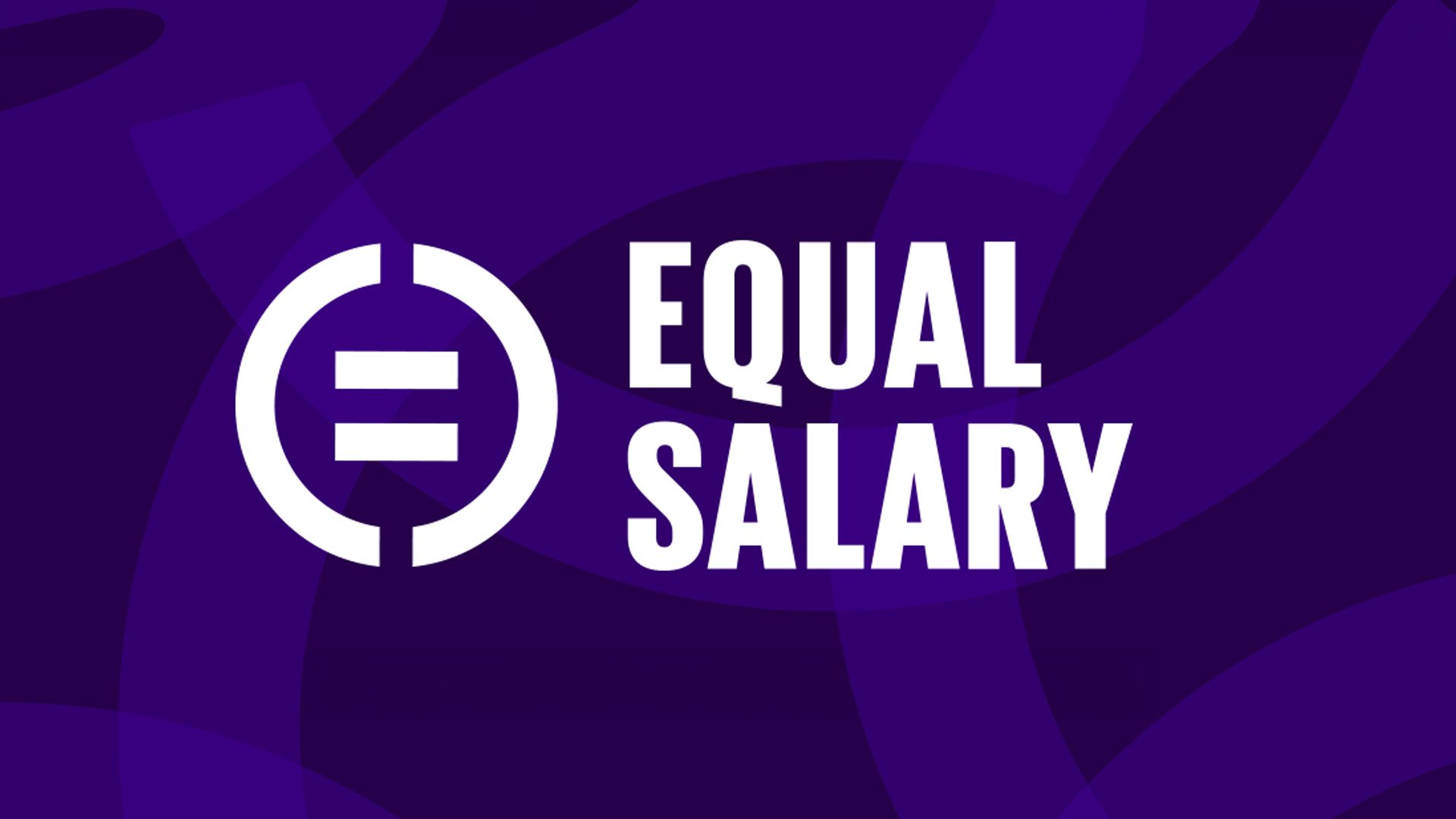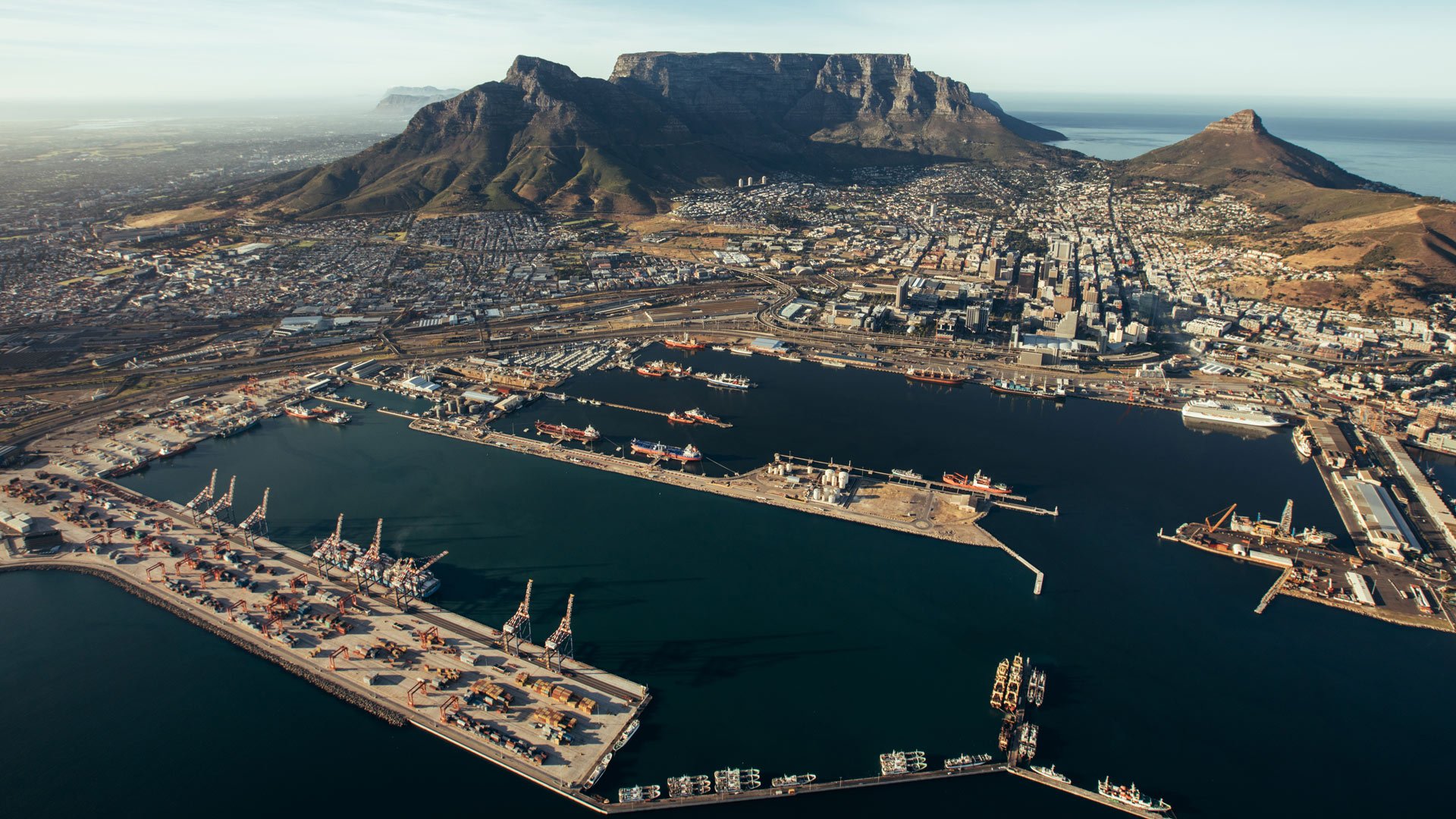- Home
- Investor Centre
- Sustainability
- Talent
- News
- TH!NK
- Corporate Governance
- Company Profile
- Board of Directors
- Community
Contact Info
MCB commits to help make Mauritius a climate economy lab
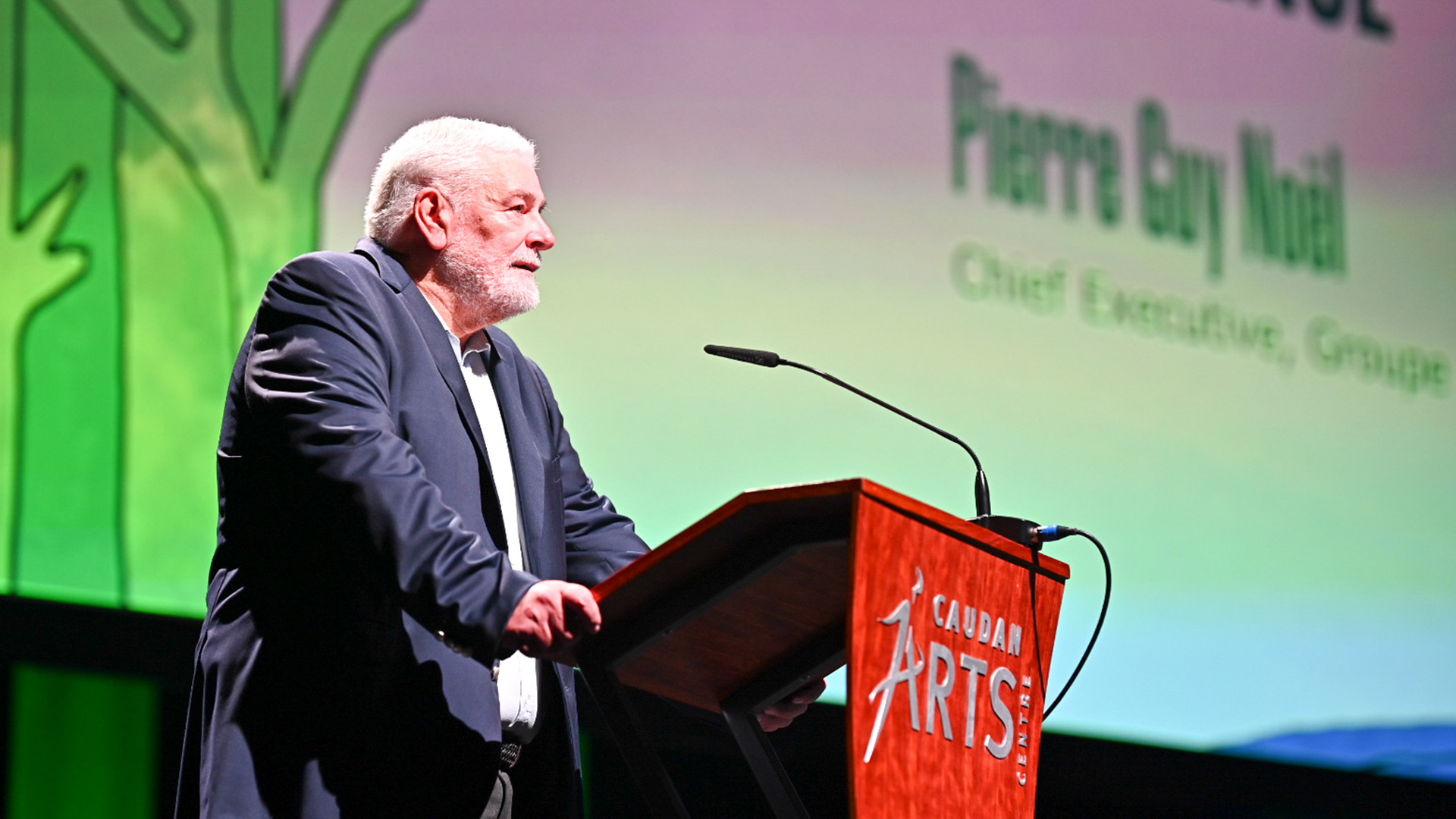
For more than 180 years, MCB Group has financed the development of Mauritius and contributed to the region’s prosperity by bolstering entrepreneurship and innovation. However, for more than ten years, ecological and planetary challenges have raised questions about the limits of existing prosperity models.
In this respect, Success Beyond Numbers, MCB Group’s sustainable development strategy, which was launched at the end of 2018, aims at regrouping stakeholders in Mauritius in view of creating a new prosperity locally. Confronted to the immense challenge posed by the climatic crisis, MCB Group firmly intends in focusing on innovation and collective initiatives to make Mauritius reach climatic neutrality, in line with the Paris agreements. It is, in this respect, that MCB Group has hosted the “Klima” conference on 5th February 2020 and commissioned a study, “Klima Neutral 2050”.
Mr. Pierre Guy Noël, MCB Group’s Chief Executive, sums up the reasons behind the study and the conference.
"Since 2018, MCB launched an ambitious sustainable development program, with three strategic pillars, namely the support to our local economy through our entrepreneurs, the preservation and promotion of our cultural and environmental heritage and the investment in the individual and collective well-being of our population. Further to the publication of the Lokal is Beautiful report on economic leaks in 2019, we wanted to focus on climate change with Klima Neutral 2050. This report sheds light on the ways and means for Mauritius to reach carbon neutrality and how to get there, together with the economic, social and political stakeholders of our contry. This report constitutes MCB’s first contribution towards raising the collective awareness, in order to make Mauritius a more resilient country and even better still, a climate economy lab."
Understand. Inform. Act.
The challenge posed by climate change to Mauritius takes another dimension, as the most recent studies rank the island at the 13th position among the most vulnerable countries to the ill effects of climate change. Which means that our economy will need to adapt rapidly to this situation in order to build its capacity to resist extreme weather phenomenon. However, these threats do also constitute an immense opportunity to rethink our economic models and the development of Mauritius. This is why MCB commissioned the Klima Neutral 2050 study, which probes into climate change and the carbon footprint of Mauritius. Same was undertaken by Utopies, a French agency specialised in sustainable development.
Conclusions of the study
In order to keep climatic changes at bay, by 2050, there should be net zero CO2 emissions in the atmosphere. Meaning that the CO2 emissions caused by human activity are reduced and absorbed by “carbon pits” (oceans, forests, soils) or by technological means. This is what being “carbon neutral” means.
We need to contribute to this worldwide effort. For Mauritius, it means that our actual emissions need to be divided by 2.8. The situation is urgent. Due to economic growth, if nothing is done by 2050, the effort to reduce our carbon footprint will need to be raised to 5.6.
Actions to be taken
Businesses and the public sector in Mauritius will need to tackle three main challenges in order to reach carbon neutrality :
Challenge 1 : Reduce the energy consumption of the economy
This will enable lower energy consumption for an equivalent economic production. If we want to half the energy consumption by 2050, energy saving will need to be efficient, as well as reducing the distance of international transport and developing a circular economy
Challenge 2 : Reduce carbon in our energy mix
We will need to reduce the usage of coal and petroleum products by 80%. The island’s potential in renewable energies compares to this challenge: solar (pv and thermal), biomass, wind energy (on land and offshore) and marine energy provide ample possibilities. To achieve this revolution, infrastructure development of all sizes will greatly help in the devolution of the energy system.
Challenge 3 : Develop intensive carbon pits
Numerous procedures exist in order to absorb and store residual carbon emissions: ‘natural’ carbon pits are the most commonly known (mangroves, for example). Research is also progressing in order to deploy industrial technologies that can absorb CO2 emissions on a large scale.
The history of Mauritius is paved with positive transformations linked to the diversification of our economic activities: the challenge now consists of putting the same dynamics to the service of climate and a growth that respects the limits of our planet. Consequently, by regrouping the economic stakeholders of our island, we will be able to devise offers and services, which can turn Mauritius into the world’s laboratory of the new climate economy.
Climate : MCB’s commitment
Beyond this contribution to the reflections of national actors, the Klima conference is also the opportunity for MCB to announce its new and ambitious Climate strategy, around two main axes:
Contribute to making Mauritius the laboratory of the new climate economy
Be a responsible and unifying financial player
1. Because the profound change in production and consumption patterns on the island requires the mobilisation of significant funds, we will be present alongside our customers to help them realise their own transition projects and encourage innovation. We will launch the following in 2020:
A green credit program, up to Rs 1 billion per year over 3 years for our Corporate customers. This will help finance low carbon transformation projects for the sectors of the new climate economy
Taking into account the extra-financial and, in particular, the environmental performance of our corporate clients, in order to define the conditions for granting loans, in order to encourage actors in the Mauritian economy to improve their sustainable development performance
Advantageous financing offers will be made to individuals for the purchase of low-carbon services or equipment (electric vehicles and associated equipment, photovoltaic panels, etc.);
A compensation platform, Klima Neutral, which will enable our corporate clients to estimate and offset their greenhouse gas emissions starting today, by funding energy transition projects and carbon sinks in the region and elsewhere.
In addition, in 2019, MCB Group remained committed to the amount of USD 100 million in activities to finance trade in metallurgical and non-thermal coal (i.e. a volume representing 0.8% of its total assets), and has in its portfolio, of historical financing of coal / bagasse power plants in Mauritius. Aware of our responsibility in the face of the climate emergency, we are committed to undertake the following measures by 2022:
At the international scale
To stop all new financing of infrastructure and trade in coal, whether thermal or metallurgical;
At local level:
To stop financing new coal-fueled power plants and to continue the dialogue with our local customers to find greener alternatives for energy production.
2. MCB also aims for carbon neutrality in the functioning of the Group, including its banking division, from the beginning of 2020, through a series of measures:
By acquiring hybrid or electric vehicles for the renewal of its fleet of professional vehicles
By training all of the bank's employees in issues related to the carbon footprint, of digital practices and digital eco-gestures
By equipping a maximum of our branches with photovoltaic panels for the production of carbon-free electricity
By retroactively offsetting over the past year all of our emissions which were not reduced on scopes 1, 2 and on travel (including the Group's international flights) via the Klima Neutral platform, through the purchase of carbon credits.
In addition, MCB Group will also review the climatic performance of its portfolio, with a view to increasing responsibility in managing it. As from 2021, we commit to the following:
To implement an internal process of systematic assessment of the climate risk of any financing operation, and a complete assessment of the climate risk of our portfolio
To set up transparent reporting on the exposure of the entire MCB Ltd finance and investment portfolio
To dedicate, over the 2021-2040 period, an envelope of around 5 million euros invested in an impact investment fund, which should allow us to offset almost one (1) million tons of CO2, by supporting low carbon community projects.
Commenting on MCB's commitments, Mr. Noël said:
“The challenges posed by climate change are immense. It is clear that we will not achieve results on our own. We want to unite all economic actors, whether governmental or private, as well as the population as a whole, around this climate issue. By taking these steps, we want to trigger a chain reaction aimed at mitigating the effects of climate change on the environment, our country and the planet."
More info : Klima.mu
Subscribe to our Email Alerts
Stay up-to-date with our latest releases delivered straight to your inbox.
Contact
Don't hesitate to contact us for additional info
Email alerts
Keep abreast of our financial updates.







